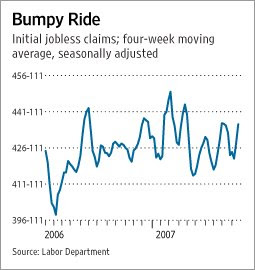
The Nation (29 October 2007)
Stage agency's board approves plan to sign MoU with Hutchison-CAT
Stage agency's board approves plan to sign MoU with Hutchison-CAT
The board of CAT has approved in principle a plan for the state agency to ink a memorandum of understanding with Hutchison-CAT on the joint-service marketing of their separate cellular networks.
A CAT source said, however, that the state agency and its joint venture Hutchison-CAT would have to conclude key issues before they could forge the deal.
According to the MoU, CAT will ask BFKT to transfer the ownership of the Code Division Multiple Access (CDMA) 2000 1-x cellular network in 25 provinces to the agency.
After that, CAT will lease its own CDMA network in 51 provinces and BFKT's network on a wholesale basis to Hutchison-CAT to provide a retail cellular service nationwide.
Hong Kong's telecom giant Hutchison Telecom owns 75 per cent of Hutchison-CAT, while CAT holds the remainder. Hutchison-CAT currently leases the CDMA network from BFKT, which is wholly owned by Hutchison Telecom, to provide the service.
CAT plans to soft-launch its own CDMA network next month ahead of the official launch in January.
The source added that CAT planned to increase its stake in Hutchison-CAT to 49 per cent in order to make higher revenue from the joint-service marketing.
The key issues both parties aim to resolve before the MoU signing include their revenue share from network collaboration. They also have to discuss the price of Hutchison-CAT shares the state agency plans to buy in its share-increase plan.
"CAT and Hutchison-CAT are expected to sign the MoU in January," the source added.
The collaboration between the companies also needs the Cabinet's approval, given that the project value is expected to exceed Bt1 billion, the source said.
The collaboration between the companies also needs the Cabinet's approval, given that the project value is expected to exceed Bt1 billion, the source said.
CAT has pinned high hopes on the CDMA cellular business in the wake of declining overseas-call revenue.
But it remains to be seen whether CAT can sign up a large number of CDMA customers from the joint-network collaboration, given looming market saturation. Last week Sigve Brekke, chief executive of the second-largest cellular operator Total Access Communication (DTAC), forecast that the number of mobile-phone subscribers in Thailand would reach 65 million next year, up from 52 million this year.
This means the countrywide penetration rate will reach 100 per cent next year, up from the current level of about 80 per cent.
Hutchison-CAT has around 800,000 subscribers after launching in 2003.
